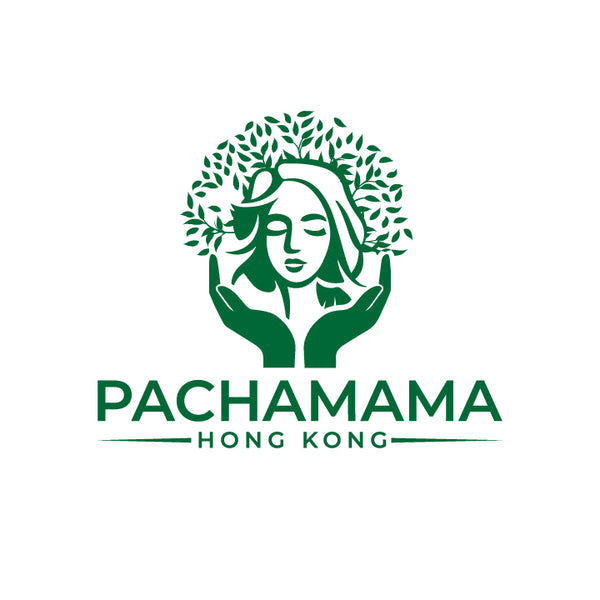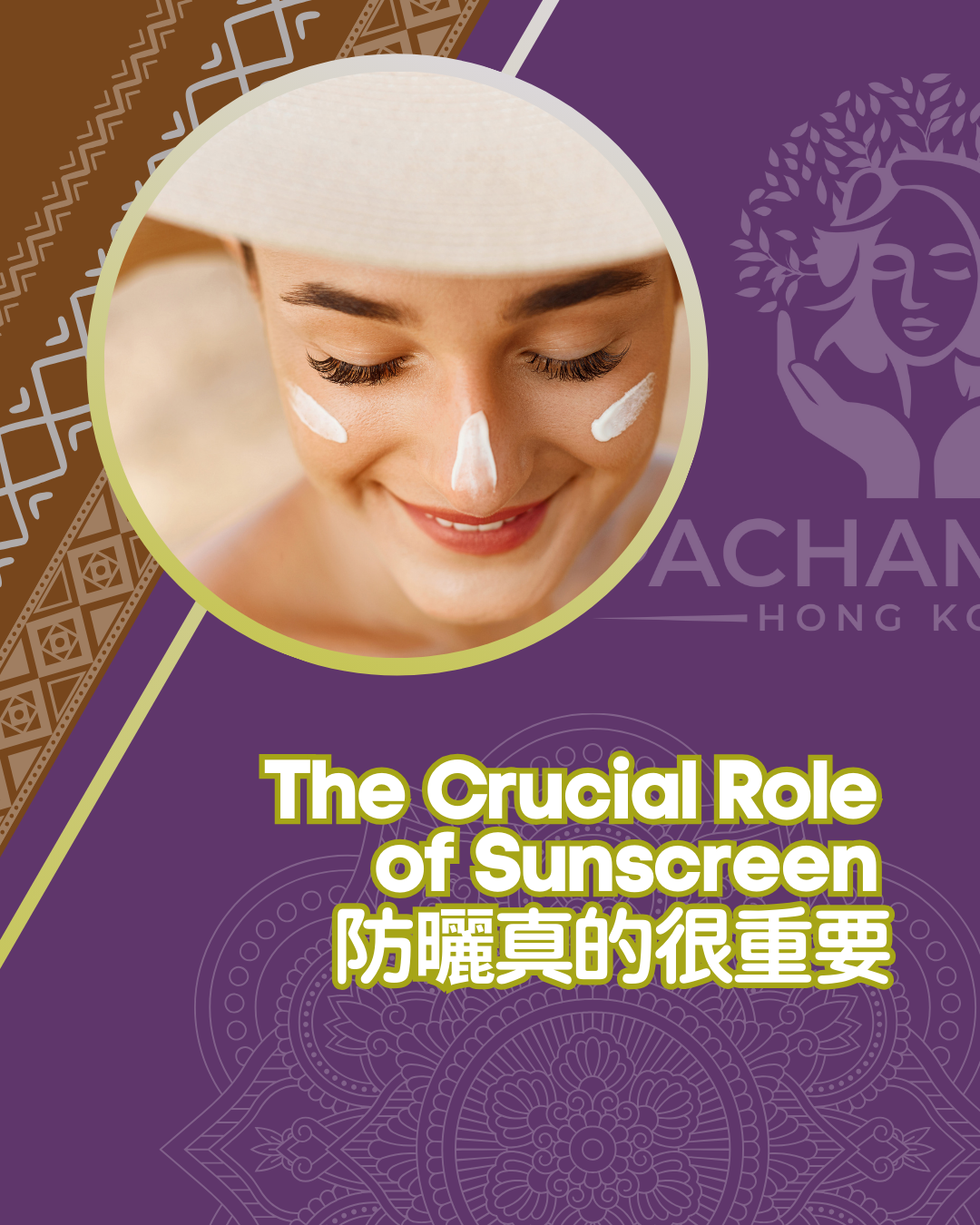When it comes to aging, genetics play the most significant role in determining how our bodies change over time. However, our skin is unique among our organs: it is constantly exposed to the environment, making it especially vulnerable to external aging factors. Among these, ultraviolet (UV) radiation from the sun is the most damaging. While we cannot change our genes, we can—and should—take steps to protect our skin from UV exposure, which accelerates aging and increases the risk of skin cancer.
How UV Radiation Ages Our Skin
UV rays penetrate the skin and cause direct damage to the DNA in our cells. Over time, this leads to the breakdown of collagen and elastin, the proteins responsible for keeping skin firm and youthful. The result is premature wrinkles, sagging, and uneven pigmentation—classic signs of photoaging. Unlike the slow, inevitable aging driven by genetics, photoaging is largely preventable with the right precautions.
The Link Between UV Exposure and Skin Cancer
Beyond cosmetic concerns, UV radiation is a major risk factor for skin cancer. Both UVA and UVB rays can cause mutations in skin cell DNA, leading to the development of cancers such as basal cell carcinoma, squamous cell carcinoma, and the more dangerous melanoma. The World Health Organization classifies UV radiation as a proven human carcinogen, making sun protection not just a matter of beauty, but of health and safety.
How Sunscreen Protects Your Skin
Sunscreen acts as a barrier, either absorbing or reflecting harmful UV rays before they can penetrate the skin. By applying a broad-spectrum sunscreen with an SPF of at least 30, you significantly reduce the risk of both photoaging and skin cancer. Regular use of sunscreen has been shown to prevent the formation of wrinkles, dark spots, and other signs of aging, while also lowering the incidence of skin cancers.
The Role of Antioxidants: Anthocyanins and Vitamin C
Many anti-aging products and superfoods, such as acai berries and other dark-colored berries, are rich in antioxidants like anthocyanins and vitamin C. These compounds help neutralize free radicals generated by UV exposure, supporting the skin’s natural repair processes and reducing inflammation. While including these nutrients in your diet can contribute to overall skin health, it’s important to understand that no superfood or supplement can replace the protective effects of sunscreen. Topical and dietary antioxidants are helpful, but they are not a substitute for physical UV protection.
Prioritize UV Protection for Healthy, Youthful Skin
In summary, while genetics set the baseline for how we age, UV exposure is a major, controllable factor in the aging of our skin and the development of skin cancer. Sunscreen remains the most effective tool for limiting UV damage, far surpassing the benefits of any anti-aging product or superfood. To maintain youthful, healthy skin and reduce your risk of cancer, make daily sunscreen application a non-negotiable part of your routine—no matter the weather or season. Taking these precautions today is the best investment you can make in your skin’s future.
//

